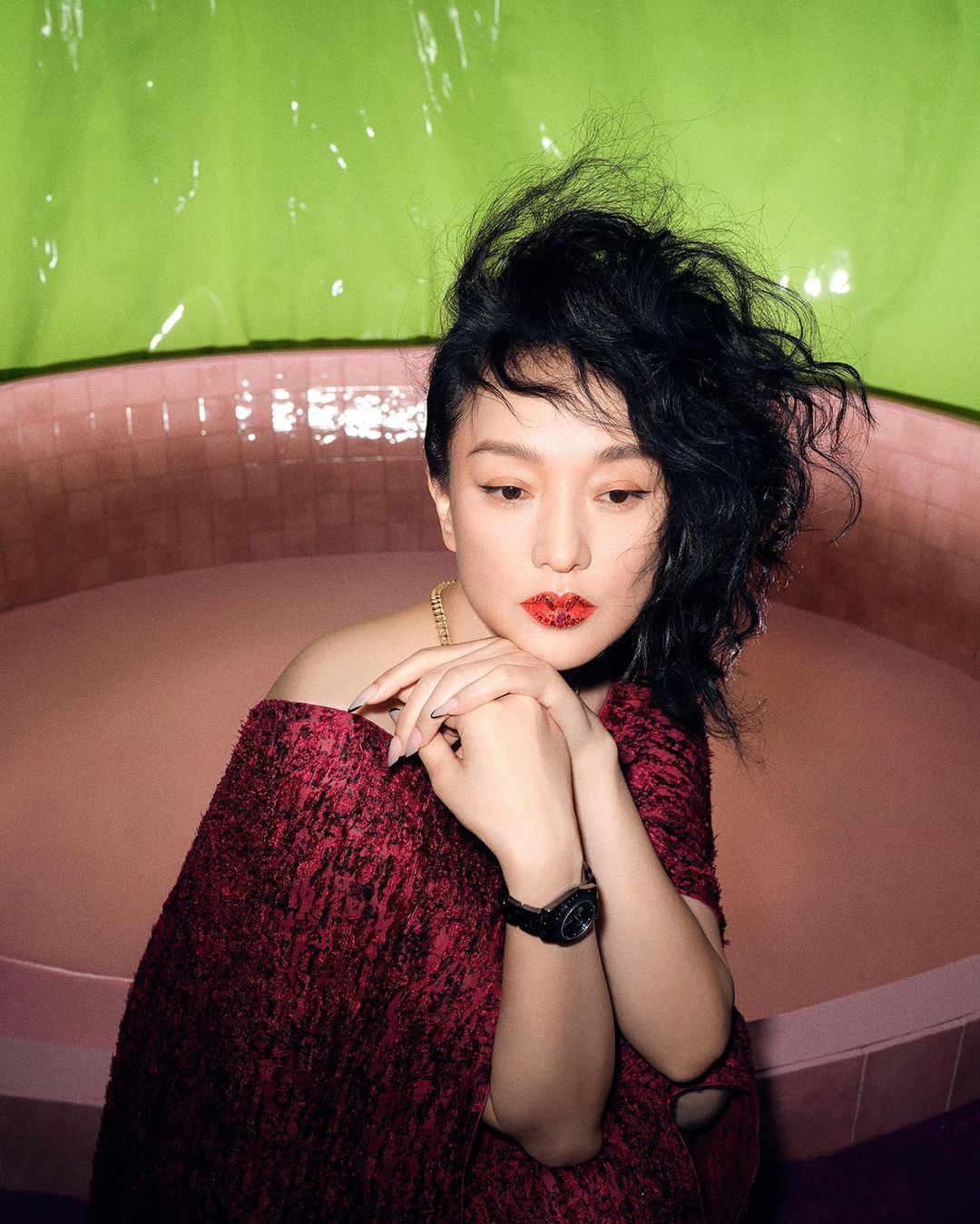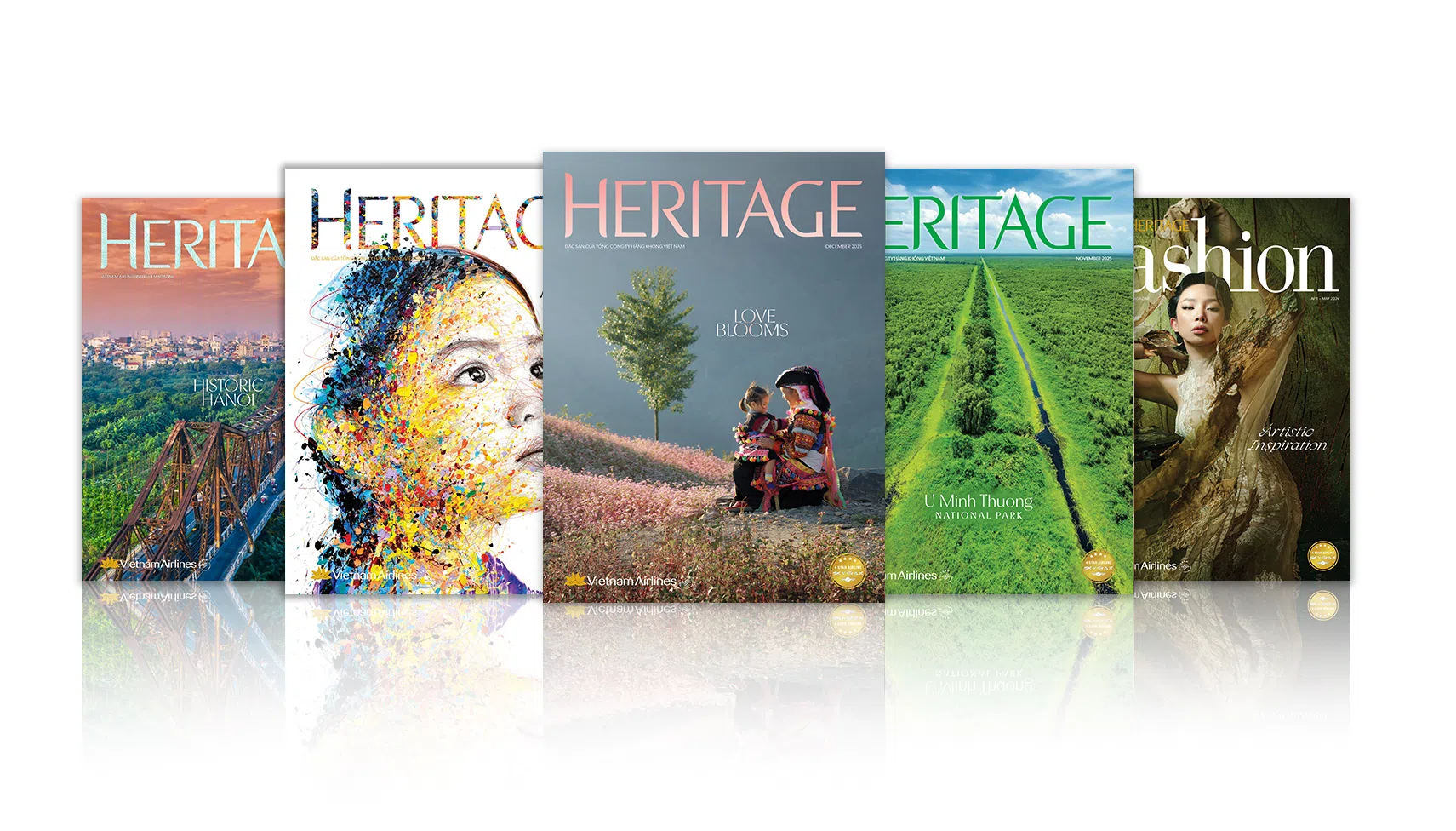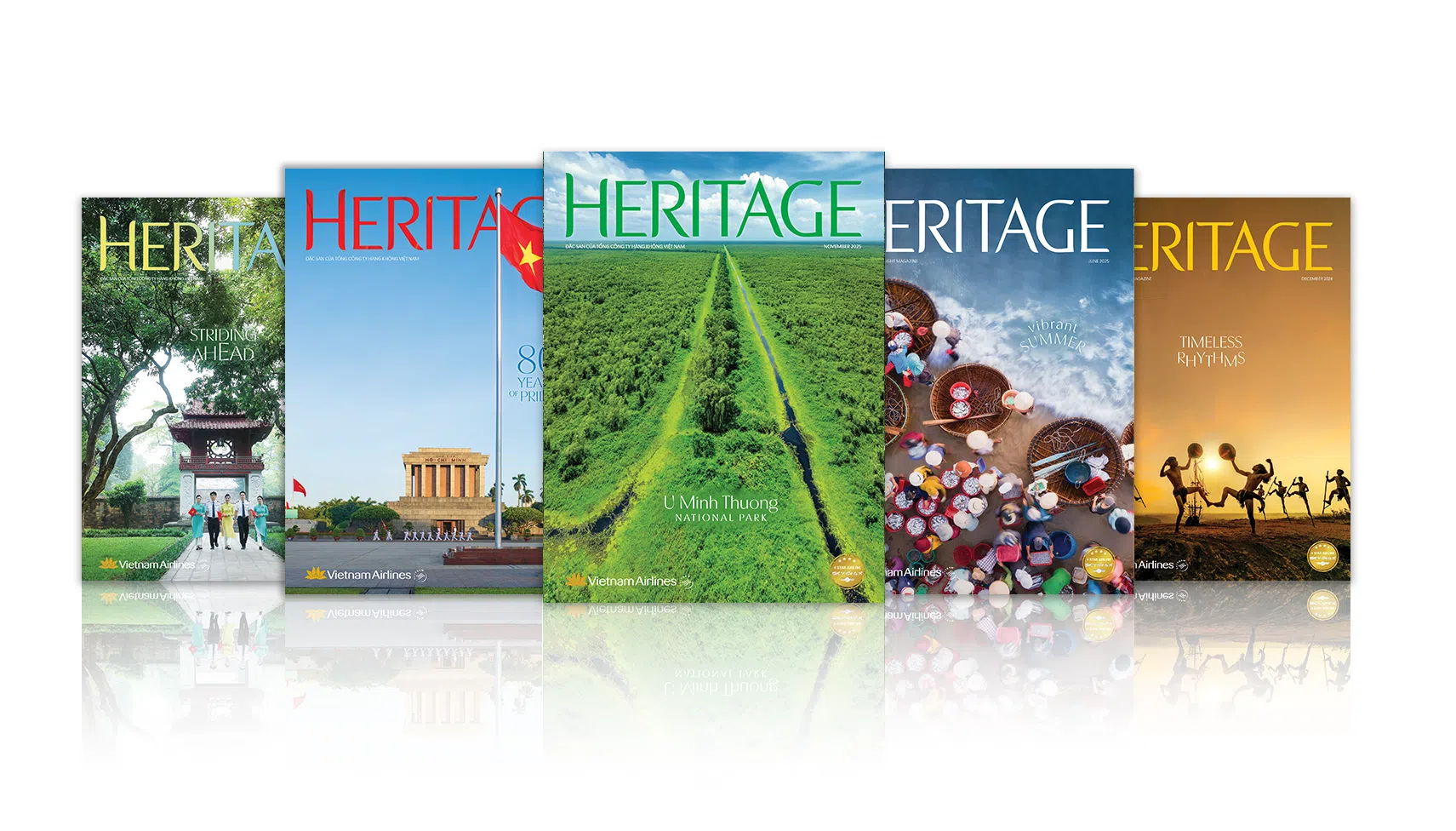Story: Minh Nhat
Photos: Internet
From Asian idols as brand ambassadors to a new generation of “crazy rich” haute couture clients, the East has taken a central role in global fashion.

A new hub of global pop culture
Unlike entertainment markets in China and Japan that mainly cater to domestic audiences, South Korea has long been riding Hallyu, or the Korean Wave, to global prominence.
Social media has provided Korean artists with even greater reach to build a young, tech-savvy fanbase. In the luxury fashion world, meanwhile, Generation Z has emerged as the primary target audience and this cohort’s enthusiasm for Korean music and cinema has captured the attention of major industry players.
Efforts by brands to leverage Korea’s cultural appeal are well-founded in the country’s growing tourism profile thanks to Hallyu. From 2000 to 2019, the number of foreign visitors to South Korea skyrocketed from 5.32 million to 17.5 million. Tour packages now include visits to famous filming locations and tours of major entertainment companies, attracting generous spending by young travelers.
The Korean Wave has transcended Asian borders to become a global sensation, with the top 10 markets for K-Pop in 2022 ranging from Japan, China to Germany, the United States, the Netherlands, the UK, Canada and France. In Vietnam, local outlets publish news when a K-Pop star signs an ambassadorship deal or makes an appearance at a high-profile fashion event.
While South Korea’s rise to prominence happened after 2020, in China, the practice of appointing stars as brand ambassadors is long-established, with the latest example being the July collaboration between Prada and the Chinese national women’s football team. However, China remains a mostly closed-off playground that utilizes a separate social media system, and brands venture into this territory primarily to cater to the domestic audience.
After the pandemic, major fashion houses have doubled down on the realization that the Asian market can expand beyond China’s borders. K-pop and K-drama stars are exploding onto the global scene, appearing in numerous international campaigns, signing deals for fashion, jewelry, cosmetics and even luxury car endorsements.
Céline and BLACKPINK member Lisa, for example, made headlines everywhere after her ambassadorship appointment in late 2020. Additionally, the success of the hit series Squid Game, propelled lead actress Jung Ho-Yeon to become an ambassador for Louis Vuitton, while lead actor Lee Jung-Jae became the global ambassador for Gucci.
Interest in the Korean market has also opened up opportunities for models such as Irene Kim, Choi Sora and Park Soo-Joo. While Asian models on Western runways are still somewhat rare, Shin Hyun-Ji recently closed the CHANEL Haute Couture Fall/Winter 2023/24 show in a stunning bridal gown.

“Crazy Rich Asian” Millennials
While Gen Z is immersing itself in luxury brands via the world of K-Pop, Asian Millennials (born between 1981 and 1996) have ventured into the realm of haute couture consumption. Back in 2018, author Kevin Kwan profiled real-life “Crazy Rich Asian” fashionistas Feiping Chang, Heart Evangelista and twins Rachel and Michelle Yeoh for Harper’s BAZAAR magazine, and the connection has only grown since then.
If the bond between Asian Gen Z and high-end fashion is in its early phase, for Millennials it has become a steadfast alliance. The early batch of this generation is stepping into middle age, pursuing ambitious financial goals and prioritizing health matters. In this regard, Prada’s collaboration with the Chinese national women’s football team was a savvy move, transforming the brand image from a simple fashion house into a company that cares about mental well-being, physical health and sports.
Similarly, DIOR’s ambassadorship contract with former South Korean figure skater Kim Yuna has become a strong tie to the brand’s clientele in their 30s. This is an exceptional marketing strategy, as Kim is a source of pride for the previous generation while serving as an inspirational model for the younger cohort. Such ideas and promotional campaigns have successfully retained Millennials while reinforcing alliances. Meanwhile, Asian entertainment idols take on the role of captivating global Gen Z. Together, they create a vibrant luxury market in Asia. As French newspaper Le Monde aptly wrote: “Luxury brands are once again dreaming about Asia.”











